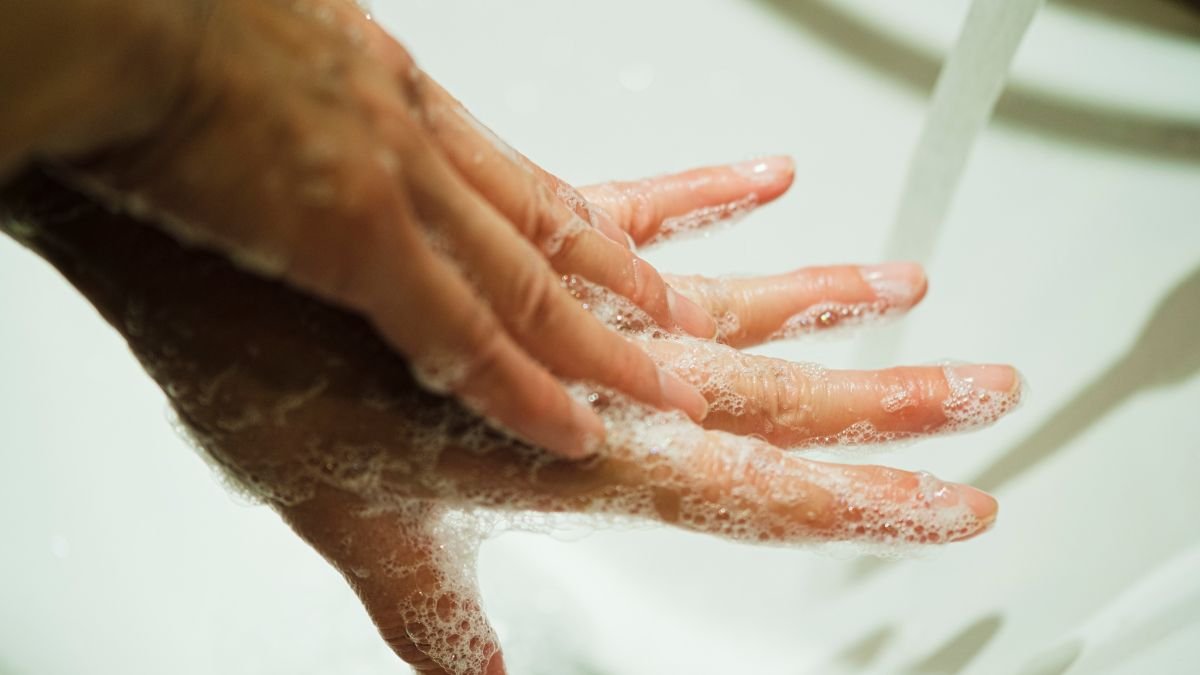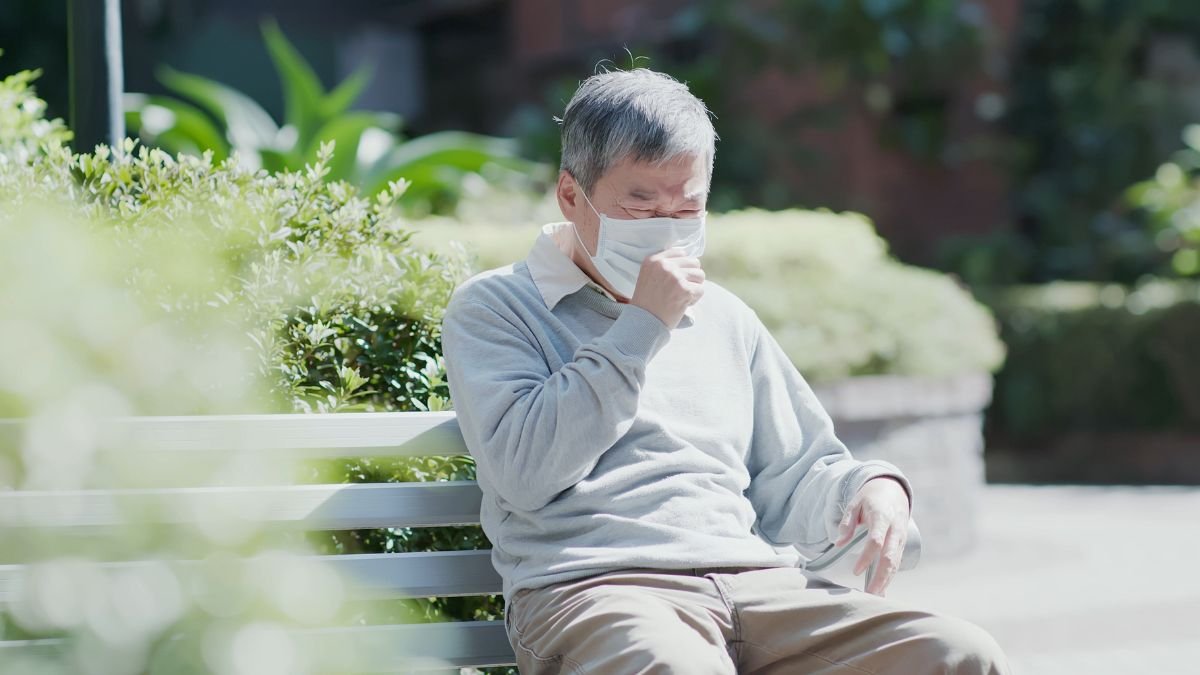Neglecting personal hygiene after 50 creates serious health risks as your body undergoes significant changes. With thinner skin losing 1% in thickness yearly, reduced sweat gland activity creates environments for harmful bacteria.
With an immune system weakened by up to 25%, the consequences can be severe. Studies show that adults over 50 with poor hygiene are three times more likely to require hospitalization for preventable infections.
The hygiene routines that worked earlier in life often become insufficient as you age. That small cut that once healed quickly can now lead to serious infection, while familiar products may damage your skin rather than protect it. Fortunately, making simple adjustments to your hygiene practices can dramatically reduce these risks, helping you maintain your health, independence, and dignity for years to come.
Importance Of Personal Hygiene

As we age, our bodies undergo subtle but significant changes that make personal hygiene more than just a routine; it becomes a cornerstone of health and vitality. After 50, the skin becomes thinner and drier, the immune system weakens, and the body’s ability to fight infections naturally declines.
These shifts mean that maintaining personal hygiene isn’t merely about comfort or appearance; it’s a proactive measure to prevent illness, preserve independence, and enhance quality of life. A consistent hygiene practice for seniors can mean the difference between thriving and facing preventable health challenges.
Health Risks Associated With Neglected Personal Hygiene

Ignoring personal hygiene after 50 can quietly pave the way for serious health issues. Pain from infected gums, embarrassment from body odor, and dangerous skin infections are the real consequences of overlooking hygiene as you age.
A startling study from the American Journal of Medicine found that adults over 50 who maintain poor hygiene practices are three times more likely to require hospitalization for preventable infections.
Skin, for instance, loses elasticity and moisture with age, making it prone to cracking and microbial invasion. Infrequent bathing or improper skincare can lead to fungal infections, pressure sores (particularly for those with limited mobility), or even cellulitis, a painful bacterial infection that can escalate quickly if untreated.
Oral hygiene neglect isn’t just about cavities; gum disease has been linked to systemic conditions like diabetes and cardiovascular disease, as harmful bacteria from the mouth enter the bloodstream.
Urinary tract infections (UTIs) are another silent threat. In seniors, symptoms like confusion or fatigue often mask UTIs, delaying diagnosis. Poor hygiene habits, such as infrequent underwear changes or improper wiping techniques, increase this risk.
Respiratory infections, too, can stem from overlooked habits like inconsistent handwashing, especially during cold and flu seasons. Even minor cuts or ingrown toenails, if ignored, may lead to complications like sepsis, particularly in individuals with diabetes or circulatory issues.
How To Maintain Personal Hygiene After 50?

What worked for decades suddenly isn’t enough. The soap you’ve always used might now strip essential oils from your skin. That weekly shower schedule that seemed sufficient might be leaving dangerous bacteria to multiply.
The good news? Simple adjustments to your hygiene routine can dramatically reduce these risks and help you maintain your health, independence, and dignity for years to come.
Start with skincare: Opt for lukewarm water and mild, fragrance-free cleansers to avoid stripping natural oils. Moisturize daily, focusing on areas like elbows and heels, and inspect skin regularly for redness or sores.
For oral health, brush twice daily with a soft-bristled or electric toothbrush to protect sensitive gums, and don’t skip flossing. Water flossers can be gentler for those with arthritis.
Handwashing remains one of the simplest yet most effective practices. Use soap and warm water for at least 20 seconds, especially before meals or after outings.
For foot care, keep nails trimmed straight across to prevent ingrowth, wear breathable footwear, and check feet daily for cuts or discoloration. Adapt routines to physical needs: shower chairs, long-handled brushes, or no-rinse cleansers can help those with mobility challenges.
Lastly, stay attuned to your body’s signals. A sudden change in odor, persistent dry skin, or mouth sores warrant a conversation with a healthcare provider—these could be early warnings of underlying issues.
Final Thoughts!
Aging is a journey of adaptation, and personal hygiene is a compass that guides us toward health and confidence. By prioritizing these practices, seniors not only safeguard their physical well-being but also nurture the dignity and independence that let life after 50 shine.
Inspired to make a change? Your body and future self will thank you.

